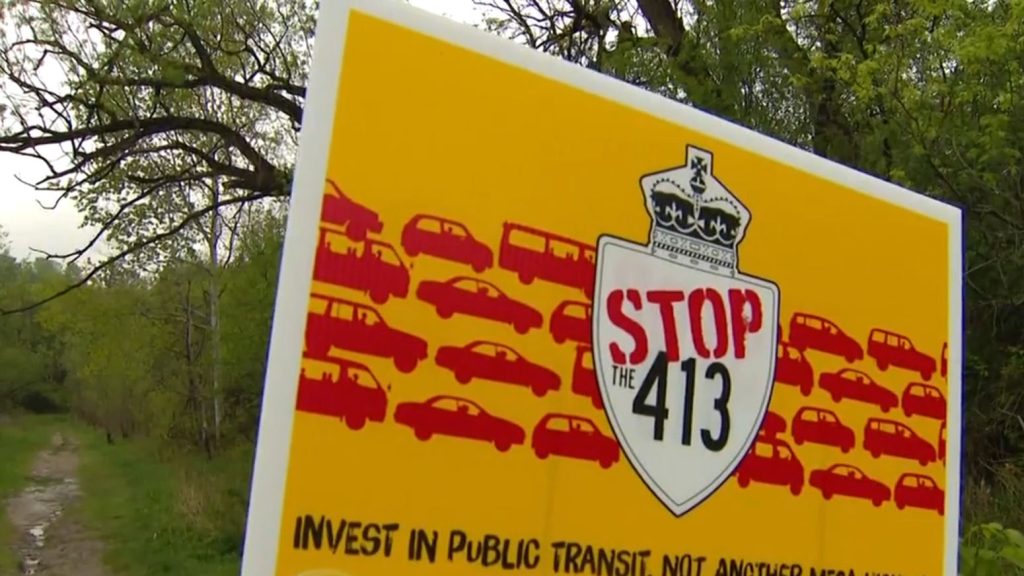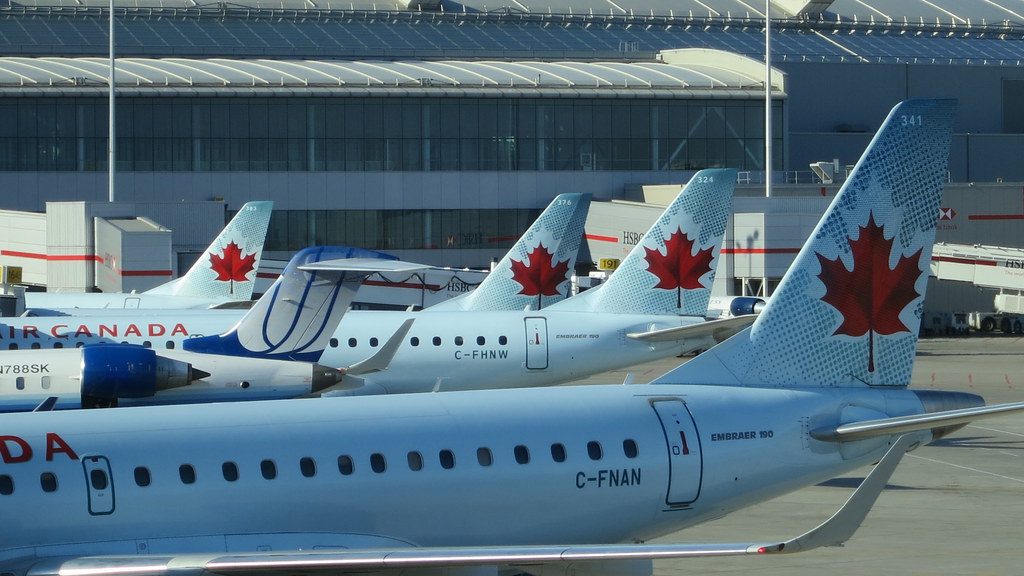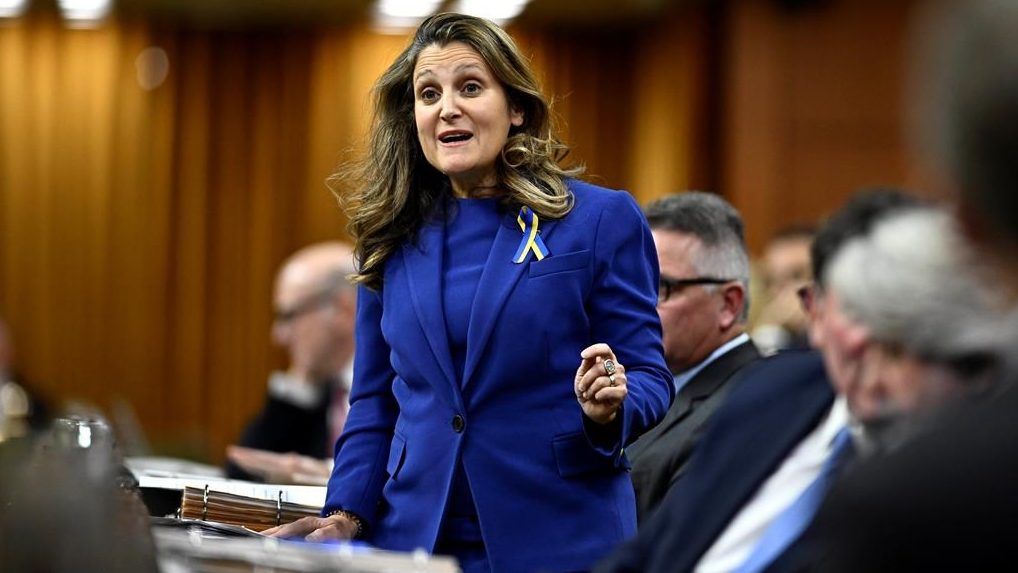Harper insists Canada won’t abandon millions of African famine victims
Posted October 11, 2012 10:22 pm.
This article is more than 5 years old.
Prime Minister Stephen Harper, whose government’s approach to aid for Africa has been criticized in some quarters, reassured famine-stricken residents of Africa on Thursday that Canada will not abandon them.
On the first full day of his trip to Africa, Harper committed $20 million in Canadian aid money to help people in the Sahel belt, a swath of land that stretches across the northern part of Africa and takes in several countries.
The $20 million covers a period of three years and is aimed at improving food distribution and farmland rehabilitation.
”Across the Sahel region of Africa, there are many problems, including millions of men, women and children who are suffering because they do not have enough to eat,” Harper said as he met with UN officials in the Senegalese capital of Dakar.
”I know I speak for all Canadians when I tell you we will not abandon you. The challenges we’re talking about today go well beyond the food shortage, but obviously for many people this is the most critical challenge.”
The Harper government has been criticized by aid groups for cutting the funding of the Canadian International Development Agency.
International Co-operation Minister Julian Fantino, who accompanied Harper on Thursday, said last month the agency’s budget had not been cut, even though it shrunk by several hundred millions of dollars in last April’s federal budget.
A spokeswoman for Fantino said at the time that CIDA’s budget had actually been reduced but that the minister’s no-cut remark referred to ”humanitarian assistance.”
CIDA spends about $70 million a year in Senegal, one of seven African countries targeted by Canada.
”Even in a good year, more than 230,000 children in the Sahel die every year from malnutrition or illness,” said Noel Tsekouras, who works for a UN humanitarian aid group.
Thomas Yanga of the World Food Programme said more than 18 million people are affected by hunger in the Sahel region this year.
The group CARE says floods in Niger; a conflict in Mali that has forced several hundred thousands of people to move to Niger; a cholera outbreak in Niger; and a locust outbreak in different countries are just some of the obstacles people face in Africa.
Harper, who is on his third trip to Africa since becoming prime minister, will travel to the Democratic Republic of the Congo on Friday for the summit of la Francophonie on the weekend.
Earlier on Thursday, the prime minister visited a vocational training centre and announced Canada will contribute $5 million between 2012 and 2017 to improve employment opportunities for young people in Senegal.
Harper then took part in a roundtable with business officials before meeting Senegalese President Macky Sall.
Harper will be joined at la Francophonie in Kinshasa by Quebec Premier Pauline Marois and New Brunswick Premier David Alward.
Harper and the newly elected Marois are scheduled to have a private meeting on Saturday morning before the summit officially kicks off.
The summit ends Sunday and Harper will return to Ottawa on Monday.










